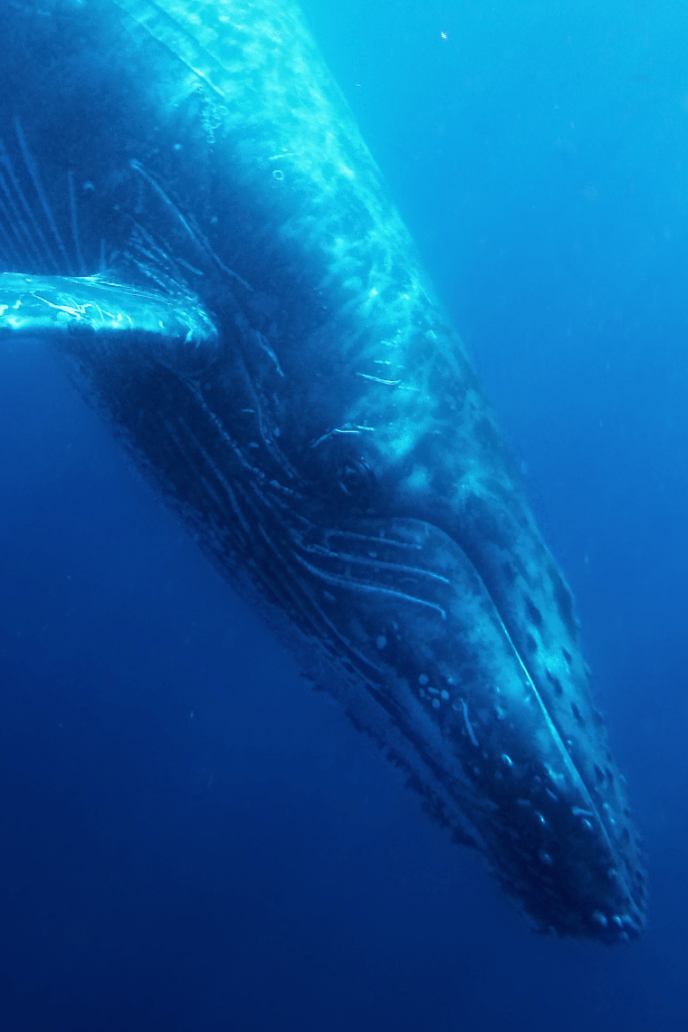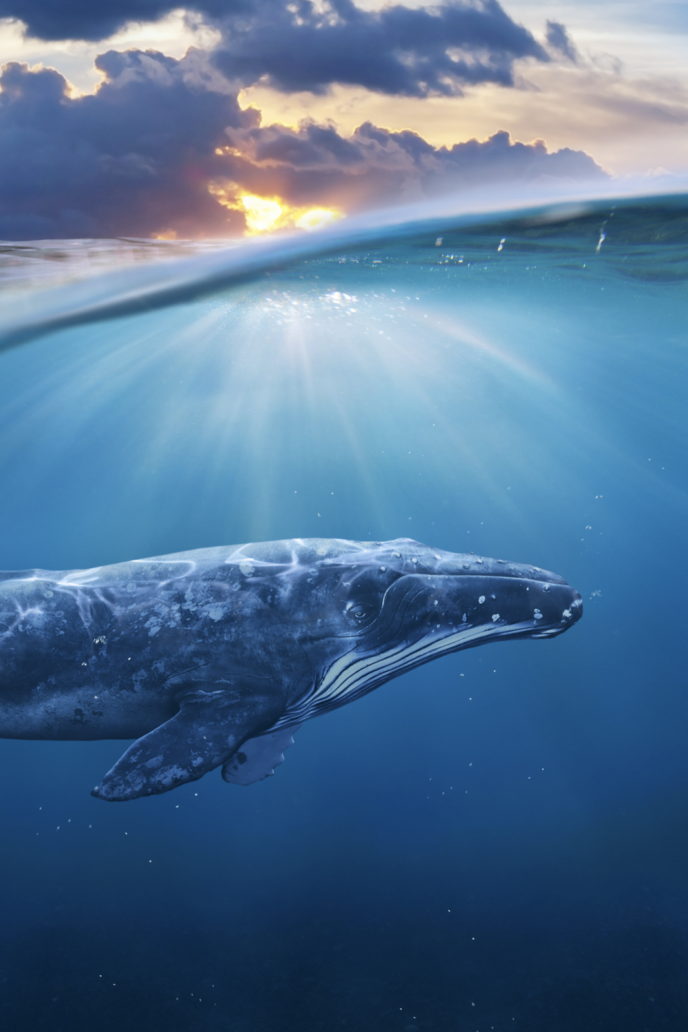Sharks have long been a source of fascination and fear in the ocean. In Hawaii, sharks are particularly significant culturally for the native Hawaiian people whose traditions and beliefs center around these majestic creatures. We will look at how sharks have been revered throughout history by Hawaiians, their importance in local ecosystems, and what can be done to protect them going forward. By delving into this topic we can gain a greater appreciation for these magnificent animals and better understand our role in preserving them for future generations.
Sharks in Hawaii
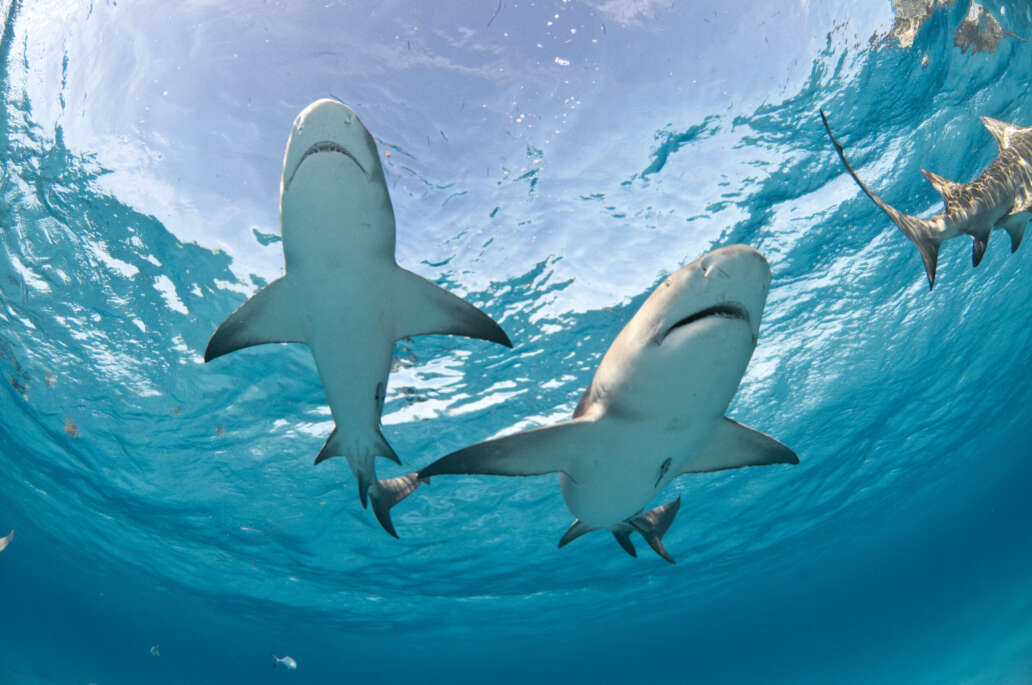
Hawaii is home to a wide variety of shark species, such as sandbar sharks, whitetip reef sharks, Galapagos sharks, hammerhead sharks, blacktip reef sharks, and more. Hawaii is known for its crystal clear waters, which allow for optimal visibility while swimming or diving and makes it an ideal habitat for these incredible creatures. Sharks play an integral role in the local ecosystem by controlling populations of other fish and helping create healthy coral reefs.
Sharks are often observed swimming near shorelines during the summer months when the water temperatures are warmer. You can also find them just offshore in deeper waters where they hunt for food like smaller fish, turtles, and crustaceans. While most people think of them as dangerous predators, some studies have shown that they are more afraid of humans than we are of them. Despite this, it is still important to be cautious when entering the water and be aware of your surroundings at all times. In Hawaii, there are many organizations dedicated to protecting the local shark population from overfishing and other human-related threats. With their help, Oahu’s shark population continues to thrive and provides visitors with unforgettable experiences in the wild!
History and Legends
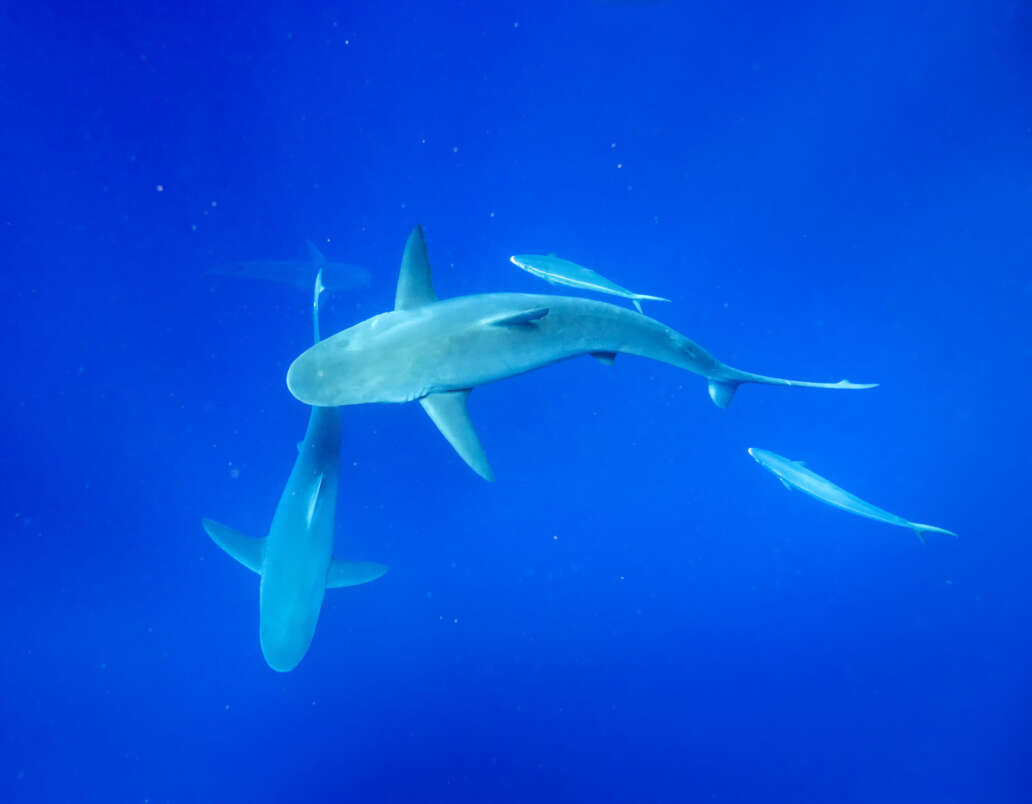
The reverence of sharks in Hawaiian culture is also deeply tied to its history. They are not only respected apex predators but also valuable resources. Sharks play an integral role in art, legends, and even spiritual beliefs. Throughout Hawaiian folklore, legendary stories weave around specific shark species. From epic shark wars to the fearsome reputation of night, or man-eating sharks, these tales add to the allure and mystique of these magnificent creatures. Some species of sharks, like the Tiger shark, hold special status as ‘aumakua, or family guardians, in Hawaiian culture. Shark ‘aumākua stands out with its esteemed intelligence and remarkable sensitivity. These spiritual beings take the form of animals or objects and serve as messengers between humans and the gods. In Hawaiian belief, ‘aumākua are seen as ancestors, manifestations of deceased family members who return in different forms. This concept highlights the interconnectedness between plants, animals, elements, and humans, emphasizing the importance of respecting and coexisting with nature.
The fascinating history of Hawaii’s named places also tells stories of sharks from different eras. One such place is Puʻuloa, also known as Pearl Harbor, where legendary guardian sharks once protected fishermen and defended against man-eating sharks. This is where the most epic battle between these guardians and invading sharks took place. One remarkable guardian shark, Kaʻahupāhau, could transform herself into a net, sacrificing her life to shield her people from the invaders. Her cave, located near West Loch, and her brother’s underwater cave, near Ford Island, were significant landmarks. The construction of a dry dock by the US Navy above Kaʻahupāhau’s former dwelling caused its unexpected collapse, leading many to believe that the guardian shark still lurked in the area. Puʻuloa is also referred to as Ke alahula o Kaʻahupāhau, symbolizing the perpetual movement of the guardian shark, relentlessly safeguarding the people of Oʻahu.
Significance of Sharks in Hawaiian Culture
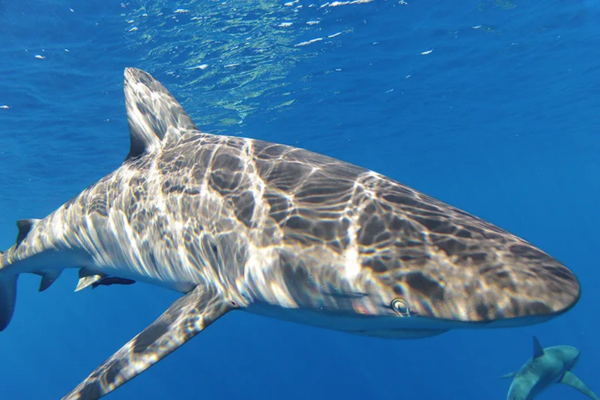
Spiritual Beliefs
Sharks have played an important role in the spiritual beliefs of native Hawaiians for thousands of years. The shark is one of the most sacred and revered creatures in Hawaiian culture, representing strength, protection, and guidance. Ancient Hawaiians believed that sharks held supernatural powers, and many families even had their family shark god. Hawaiian mythology states that the very first man on Earth came from a union between a human woman and a shark god.
Tradition
Hawaiians have a rich tradition of utilizing every part of the shark, including their skin for drum heads and their teeth for traditional weapons. Sharks continue to be viewed with respect in Hawaii and play an important role within Hawaiian society. For instance, they are often featured prominently in artwork or luaus (traditional feasts) as symbols of strength and courage. Furthermore, there are still many cultural beliefs surrounding these majestic animals – some believe that seeing a whale shark brings good luck while others believe that offering gifts made from white coral can bring health and prosperity. Sharks were also seen as signifiers of prestige within the community; having large amounts of shark teeth was a way for people at various levels of society to show off their wealth or power.
Fishing
Sharks have a vital role in maintaining the ocean’s balance. They serve as nature’s cleanup crew, eliminating the dead, dying, and sick from the vast waters. Their presence is crucial for the health and sustainability of the fish stock. Sharks were essential to the ancient Hawaiians’ success as fishermen; they provided them with food, clothing, tools, and other resources needed to survive. Additionally, this relationship helped to shape much of modern-day fishing practices in Hawaii such as net fishing or trolling. Today, many tour companies take advantage of shark encounters to educate visitors about the cultural significance of sharks and to promote respect for the ocean and its inhabitants.
Shark Conservation Efforts in the Region
In recent years, there has been a growing movement to protect shark species in the region. Many local and national governments have implemented regulations on fishing activities that target sharks, such as restricting net sizes and closing certain areas to fishing altogether. There have also been campaigns organized by conservation groups and NGOs to educate the public about the importance of protecting these vulnerable creatures. For example, the Oceanic Preservation Society has launched a series of initiatives on social media platforms to raise awareness about the various threats facing sharks today. Additionally, they have organized beach cleanups and other activities geared toward educating locals about responsible ocean practices that help protect shark populations. These efforts are essential for preserving our oceans and the creatures that inhabit them – like sharks – for future generations.
How to Safely Observe Sharks from Shore or Boat

If you’re looking to observe sharks in their natural habitats, there are a few safety precautions you should take. When observing from the shore, it is important to always keep an eye out for any signs of danger such as riptides or areas that have been marked off as unsafe.
When observing sharks from a boat, it is important to avoid making any sudden movements or splashing around in the water. Sharks are naturally curious creatures so abrupt changes in movement might cause them to become agitated and aggressive. If you do need to enter the water for any reason, it’s best to wear some form of protection such as a wetsuit or other form of covering to make sure that any possible encounters with sharks are kept safe and non-threatening for both parties involved. Lastly, it’s also important to ensure that your boat is properly equipped with all necessary safety gear including life jackets and radios so that help can be summoned if needed.
Tips for Protecting Sharks While Swimming, Snorkeling, or Surfing Near Oahu Beaches

Doing water sports activities can be a thrilling experience, but it is important to stay safe and protect the local sharks while doing so. Here are some tips to help you enjoy your time in the water while also protecting these majestic creatures:
- Avoid swimming, snorkeling, or surfing alone. Sharks are more likely to attack when there is only one person in the water, so try to go with a group of people whenever possible.
- Don’t wear shiny jewelry. The glare from metal jewelry can attract curious sharks and put you in danger.
- Stay away from schools of fish. Sharks tend to feed on schools of fish, so it’s best to avoid areas where these schools might be located.
- Stick close to shore. Sharks tend not to venture too far away from shore, so staying close can help decrease your chance of encountering one while swimming or surfing.
- Don’t wear bright colors. Bright colors, especially neon ones, can attract attention from predators like sharks who rely on their vision to hunt for food. Try sticking with more muted colors when out in the ocean.
- Don’t disturb any sea turtles or dolphins. Sea turtles and dolphins often share similar habitats with sharks, so disturbing them can put you at risk of encountering a shark as well as disrupting their natural environment and behavior patterns.
- Respect all wildlife and fishing regulations. Always follow all applicable fishing regulations and remember that all marine life deserves respect – including sharks! By adhering to these guidelines, you will both keep yourself safe and protect the species that inhabit our beautiful oceans.



